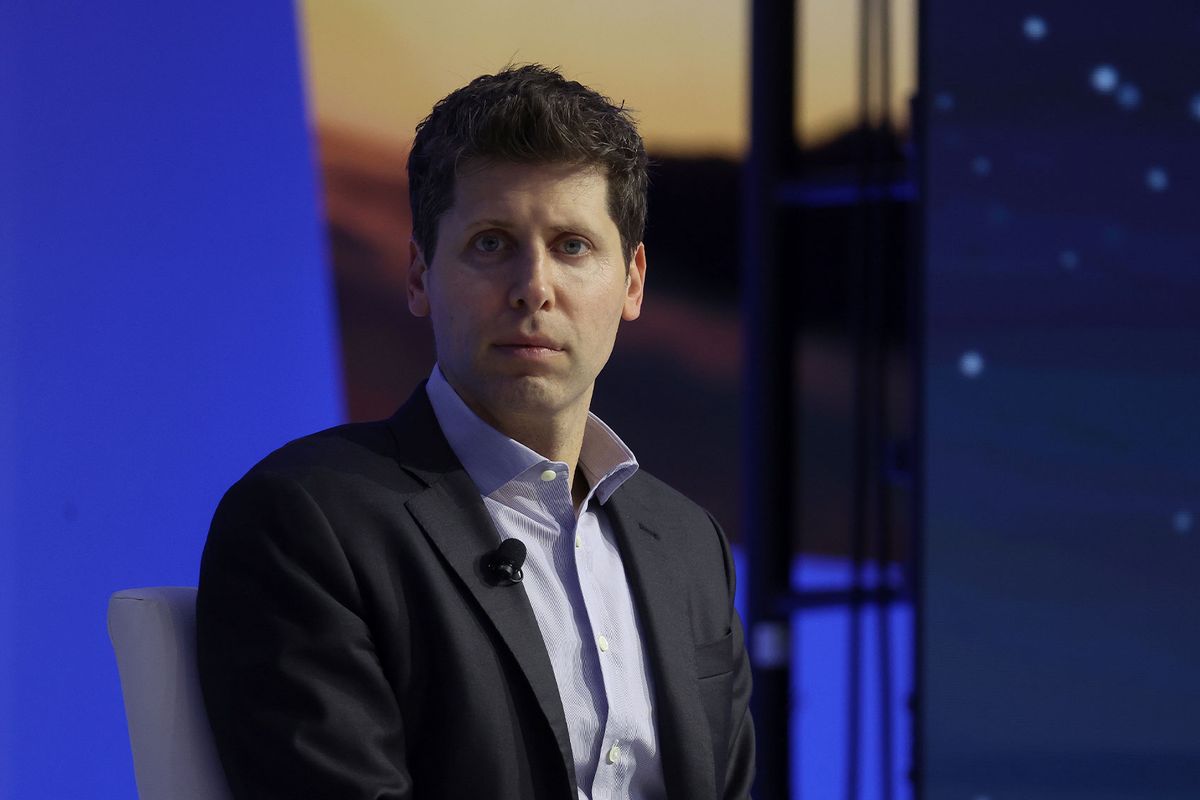“Impossible”: OpenAI admits ChatGPT can’t exist without pinching copyrighted work

Artificial intelligence company OpenAI — currently valued at a minimum $80 billion — told the British Parliament on Monday that its content-generating ChatGPT product would be impossible to create without the company’s use of human-created copyrighted work for free. As reported by the Telegraph, the company’s remarks were submitted to a House of Lords subcommittee which is weighing possible changes to AI and copyright law amid ferocious backlash from human writers and creators.
“It would be impossible to train today’s leading AI models without using copyrighted materials … Limiting training data to public domain books and drawings created more than a century ago might yield an interesting experiment, but would not provide AI systems that meet the needs of today’s citizens,” OpenAI said in its evidence filing, adding that the company believes “legally copyright law does not forbid training.”
The company’s admission that it could not profit without freely using human-copyrighted material comes as it faces significant lawsuits from collectives of famous authors, and from the New York Times. The paper is suing both OpenAI and Microsoft for “massive copyright infringement, commercial exploitation and misappropriation” of its work.

